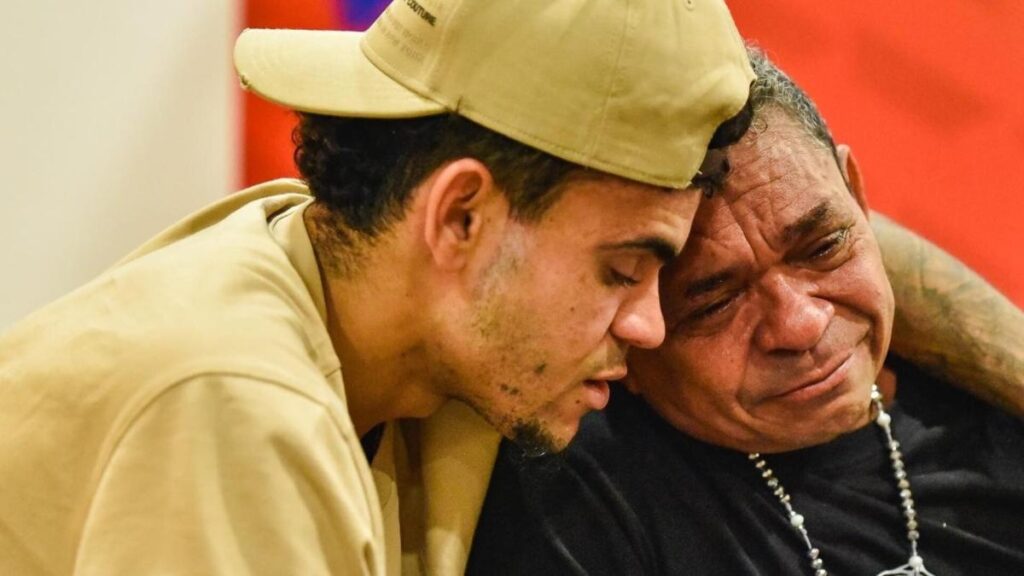The kidnapping of Luis Diaz’s parents, Luis Manuel Diaz and Cilenis Marulanda, in Barrancas, Colombia, last year sent shockwaves throughout the football community and revealed dark undercurrents of betrayal. Luis Manuel Diaz was abducted by the National Liberation Army of Colombia (ELN) and held captive for 12 harrowing days, while Cilenis was released shortly after they were taken. The incident highlighted the vulnerability of public figures and their families in a region plagued by violence and criminal activity. The shocking twist in this saga was the involvement of Yerdinson Bolivar, a family friend who played a pivotal role in orchestrating the abduction.
Bolivar, known by the alias ‘Arenca,’ exploited his closeness to the Diaz family to facilitate the kidnapping. His deep connection with the family made it easier for him to gather vital information on their everyday routines and whereabouts. Reports emerged that he had met with ELN members, effectively providing them with intimate details that enabled the carefully planned act of capture. The situation escalated when Bolivar accompanied Diaz’s parents on a visit to a local fruit stand, unknowingly placing them in a perilous situation that culminated in their abduction by armed assailants waiting nearby.
As the legal consequences of his actions unfolded, ‘Arenca’ faced significant repercussions for his role in the kidnapping plot. A Colombian court sentenced him to four years and eight months in prison. Furthermore, he was ordered to pay a hefty fine that equates to 234 times the current legal monthly minimum wage in Colombia, showcasing the gravity of his offenses. Additionally, to mitigate the chance of similar actions in the future, he received a ban from holding public office for 56 months, reinforcing the idea that treachery in such sensitive matters would not go unpunished.
The emotional toll of the incident extended beyond mere legal ramifications. After spending a dozen days in captivity, Luis Manuel Diaz was finally freed, but the impact of the traumatic experience lingered. The abduction shook their family to the core and cast a pall over their lives. Despite the betrayal from someone they trusted, the public acceptance of ‘Arenca’s’ apology by Luis Manuel Diaz illustrated a remarkable capacity for forgiveness amidst adversity. He emphasized the importance of making amends, hinting at a deeper understanding of human fallibility and the complexities of relationships strained by betrayal.
The unfolding consequences of this kidnapping also highlighted broader societal issues in Colombia, where violence and criminal organizations often infiltrate personal and familial lives. With groups like the ELN operating in the shadows, the danger looms large over citizens who might be more vulnerable due to their public status or connections. This situation raises significant questions regarding safety, trust, and the lengths to which individuals may go, driven by desperation or ambition. The Diaz family’s ordeal exemplified these ongoing struggles faced by many in Colombia, illuminating the pervasive fear that accompanies life in regions dominated by such conflict.
Ultimately, the case of Luis Diaz’s parents serves as a stark reminder of the volatile intersection between personal trust and criminal exploitation. While the football world may continue to mourn the vulnerability of its heroes and their families in alarming situations like this one, stories of resilience, forgiveness, and justice can serve as beacons of hope. As society grapples with the implications of betrayal within trusted relationships, the Diaz family’s experience echoes far beyond the sports realm, prompting reflections on community safety and the importance of vigilance against exploitation by those we consider close.

